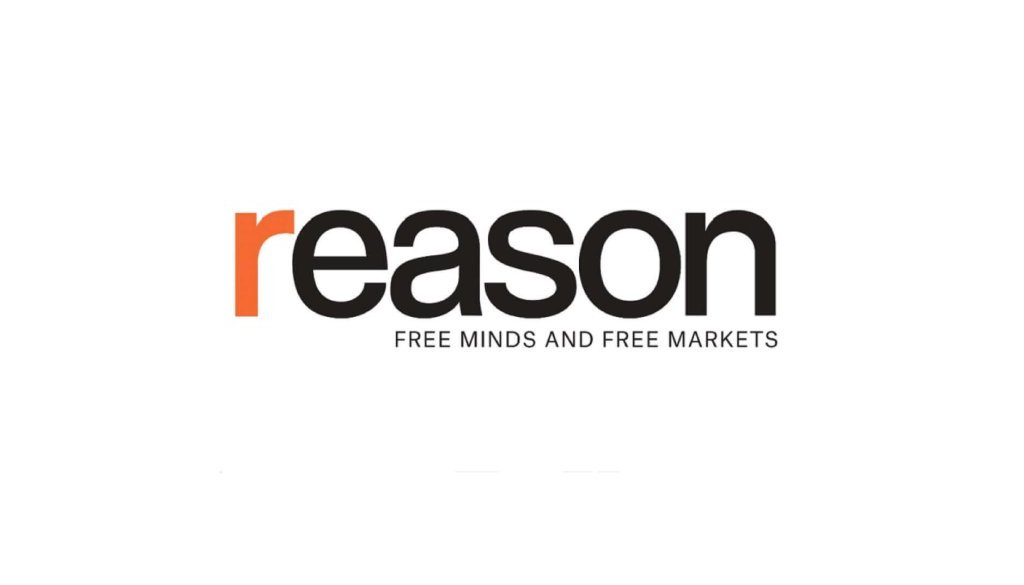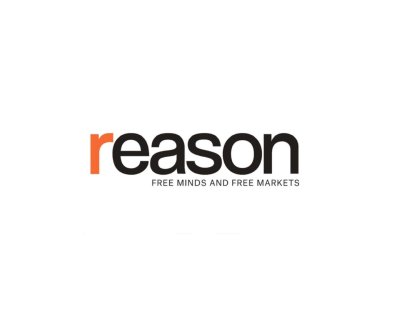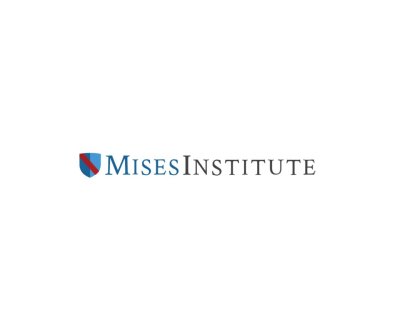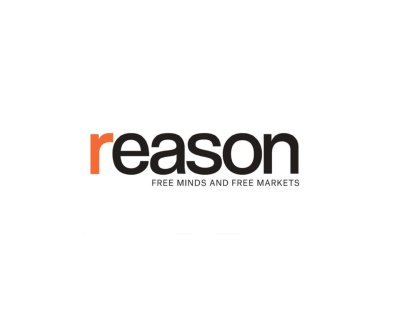Javier Milei’s Economic Reforms Are Already Paying Off in Argentina
The inflation that has ravaged Argentina caused prices to soar by almost 300 percent in the past year. Bills that were once usable are now literally not worth the paper they’re printed on. That leaves people like me, wanting to exchange $500 into Argentine pesos, cramming full not only the waist pouch brought for that purpose but also every pocket of my jacket on August 2.
The currency still just barely fit. With my chest pockets bulging, I feel like a Michelin man as I walk back to my hotel to sort out the cash load.
Yearly inflation figures make the price situation seem worse than it now is, though. Since Javier Milei became president in December, monthly inflation has rapidly dropped from 25 percent to stabilize around 3.5 percent. A lot of the current price increases are driven by former state subsidies that have been removed or reduced. Removing electricity subsidies, which covered up to 95 percent of its price, drives up inflation, but that was necessary for prices to eventually reflect supply and demand and to balance the state budget.
January was the first month since 2008 that the Argentine state posted a surplus; no month since has yet shown a deficit. Milei’s deregulations also seem to be showing some good effects. After rent control was lifted in January, rents dropped by 40 percent in real terms, and the supply of rental properties in Buenos Aires has increased by over 300 percent. The economy is growing more than expected, and a tax cut for big investments has led to several major investments in oil, gas, and mining being launched or planned.
Still, far from everything is rosy now in Argentina’s economy as it nears the end of the first year of Milei’s reign. Over half of the population lived in poverty during the first half of 2024, though the poverty rate has begun to decline since spring, and the Argentine central bank doesn’t have enough foreign reserves to honor the official exchange rate of 950 pesos to the dollar, leaving international companies operating in Argentina stuck with pesos they’d rather not have, and unable to make payments abroad in the native currencies of their trading partners.
Milei has critics both native and international from the left, but locally he has some from the right as well, including Roberto Cachanosky, a surprisingly popular figure for an economist. He has been a columnist for several of Argentina’s largest newspapers and has hosted his own TV show. “I know Milei personally,” Cachanosky told me during a personal meeting in a restaurant in the trendy neighborhood of Recoleta. “He promised a whole lot of things he knew he couldn’t deliver.”
Cachanosky raises a finger for each promise the president hasn’t kept.
“One! He promised to dollarize the economy immediately. I want to dollarize as much as he does, but the central bank has no dollars. Two! He promised the IMF [International Monetary Fund] would lend him money to dollarize. That wasn’t true. Three! He said he’d cut off his arm before he’d raise any taxes. But he’s raised the PAIS tax [a tax on purchasing dollars], income tax, and fuel tax, and he tried to raise export taxes too. Four! He promised to remove currency restrictions, but they’re still in place. When you export, you should get 1,500 pesos for every dollar you’re paid from abroad [the informal exchange rate is now closer to 1,150], but you only get 950, the rest the state keeps. None of this is liberal!”
Cachanosky r
Article from Latest

The Reason Magazine website is a go-to destination for libertarians seeking cogent analysis, investigative reporting, and thought-provoking commentary. Championing the principles of individual freedom, limited government, and free markets, the site offers a diverse range of articles, videos, and podcasts that challenge conventional wisdom and advocate for libertarian solutions. Whether you’re interested in politics, culture, or technology, Reason provides a unique lens that prioritizes liberty and rational discourse. It’s an essential resource for those who value critical thinking and nuanced debate in the pursuit of a freer society.




